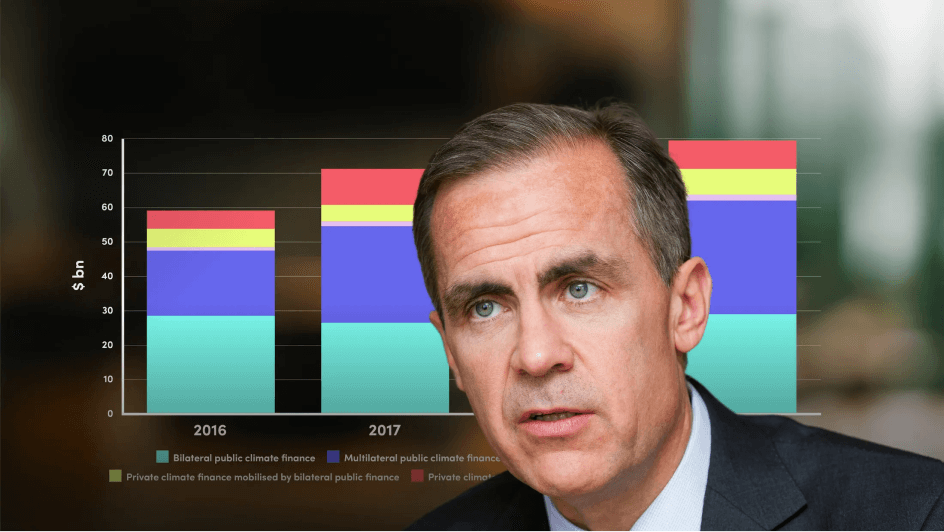What is the Paris Agreement, and why is it significant for sustainability?
The Paris Agreement is a global, legally-binding treaty that aims to limit global temperature increases to below 2°C, ideally closer to 1.5°C, compared to pre-industrial levels. This agreement, effective since 2016, represents a united effort by countries to reduce greenhouse gas emissions and combat climate change. The Intergovernmental Panel on Climate Change (IPCC) provides scientific data to guide these efforts, and every year, nations review progress at the annual Conference of the Parties (COP), the decision-making body of the UN Framework Convention on Climate Change.
How do the concepts of net zero and carbon neutrality differ?
While both terms involve balancing emissions, they differ in scope and ambition. "Net zero" is about achieving a balance where the emissions produced (like water entering a bathtub) equal those removed from the atmosphere. This goal encompasses all greenhouse gases and includes Scope 1, 2, and 3 emissions. "Carbon neutrality" focuses solely on carbon dioxide (CO2) emissions and generally covers only Scope 1 and 2. Net zero is a broader, more ambitious goal, often used by governments to set comprehensive climate targets.
What are science-based targets, and how do they guide companies in sustainability efforts?
Science-based targets provide a clearly-defined pathway for companies to reduce greenhouse gas emissions in alignment with limiting global warming to 1.5°C. These targets act like a “recipe” to guide businesses on the specific reductions needed to meet the goals of the Paris Agreement. By setting these targets, companies can ensure their sustainability actions are rooted in scientific research, making their climate goals more effective and transparent.

























